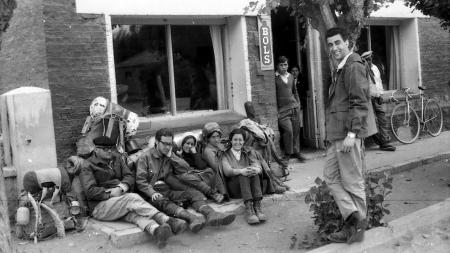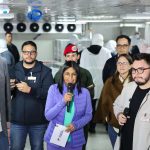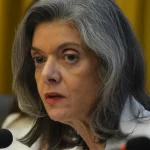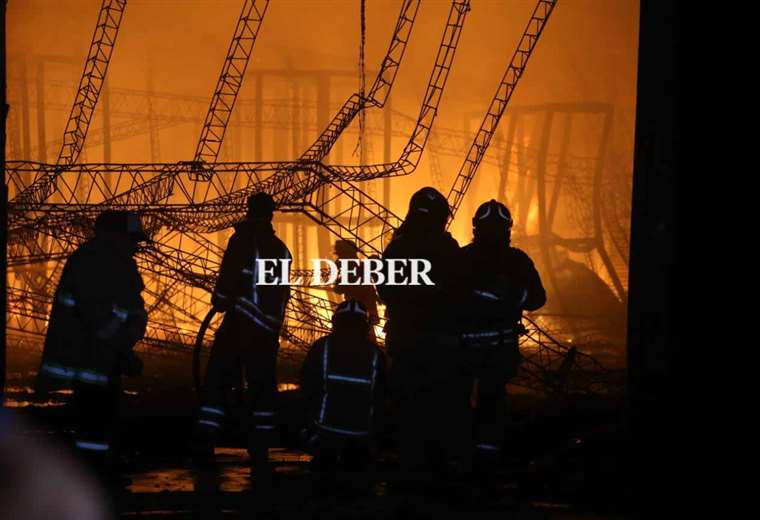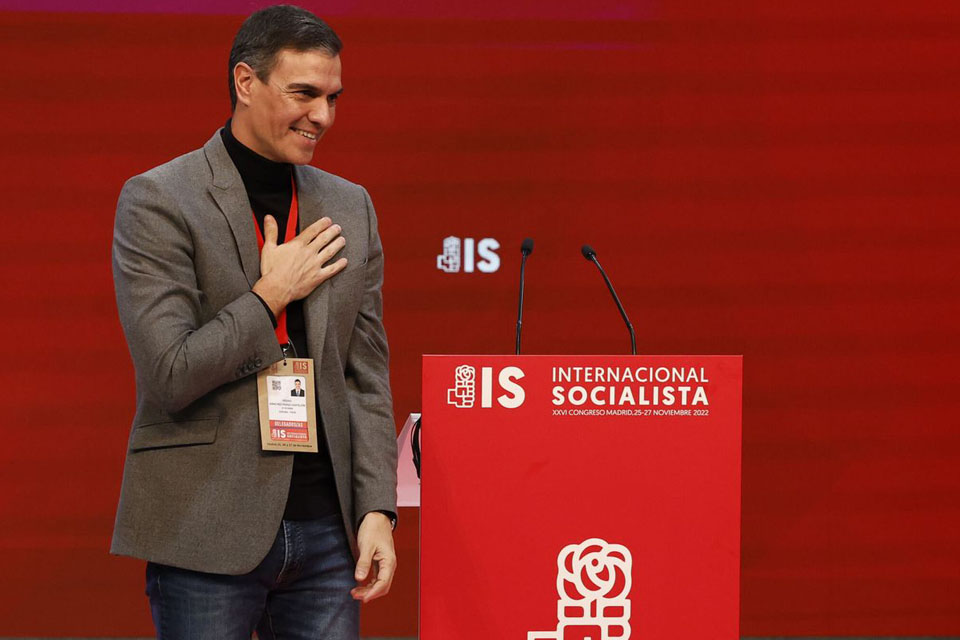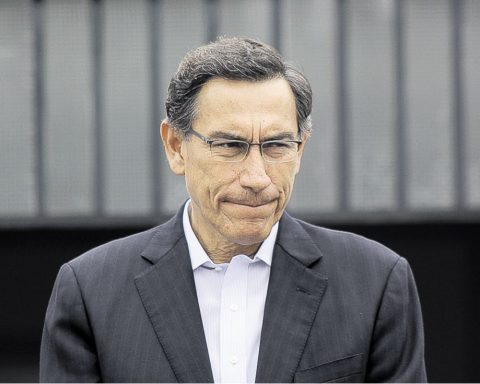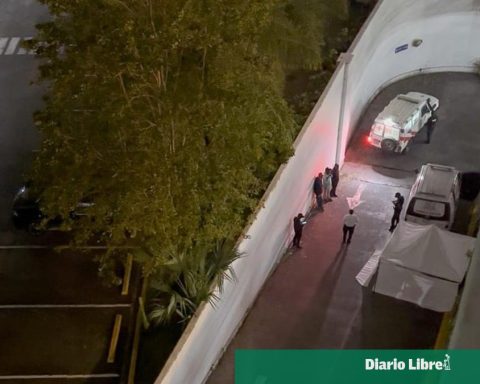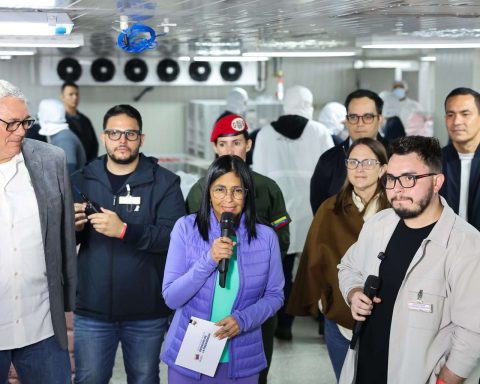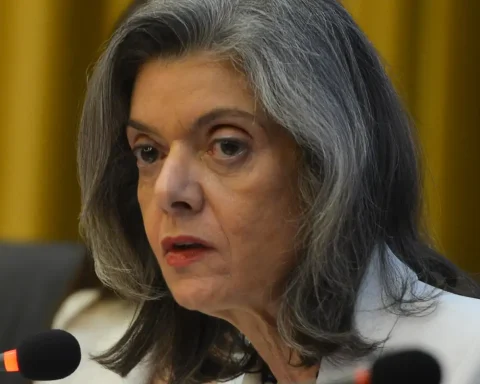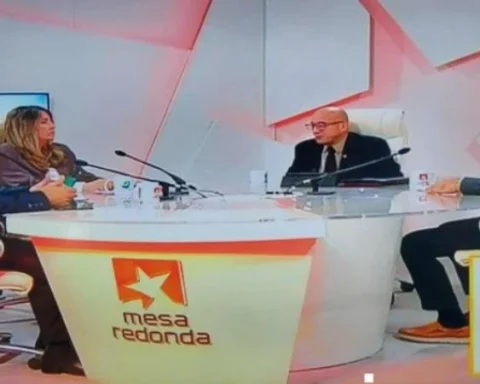The third world priest Alberto Carbone died at the age of 98 in the San Camilo clinic in Buenos Aires and this Friday was veiled in the cathedral of the Buenos Aires town of Morenohis last place of residence, where those who knew him said goodbye to a representative of the popular insertion and the option for the poor that spread in the Church after the Second Vatican Council, as well as a protagonist of the history of Peronism.
Carbone he was one of the founders of the Movement of Third World Priests (MSTM); On July 8, 1970, he was arrested for being in his room at the Clergy House.on 800 Rodríguez Peña street, the typewriter that Mario Eduardo Firmenich had left him and that the initial group of Montoneros had used to write statements about the kidnapping and death of Pedro Eugenio Aramburu.

After spending several months in prison, Carbone was released in January 1972.: days after being released, he was received in villa 31 of Retiro by the parish priest of the place, the priest Carlos Mugicahis partner in advising the Catholic Student Youth (JEC) and the Catholic University Youth (JUC), who officiated a thanksgiving mass to celebrate his liberation in the Cristo Obrero parish.
One of those attending that religious celebration at the beginning of 1972 was Eduardo De la Serna, at that time a 17-year-old student in the 5th year of high school, today 67 and one of the leaders of the Group of Priests in Option for the Poor , the space that Carbone integrated and that somehow intends to continue in the ecclesial line of the MSTM.
“Shortly after the release of Alberto (Carbone) from prison, Mugica celebrates a mass in the Cristo Obrero parish, which is also attended by another hero of the Movement of Third World Priests, a Jesuit from Mendoza, ‘Macuca’ (José María ) Llorens. At that time I did school support two days a week and I also went to mass,” recalled De la Serna in dialogue with Telam.
Regarding the episode of the typewriter, Carbone himself recounted in an interview with the historian María Elena Barral published in 2018 by Página/12 that Firmenich, whom he knew from his time at the JEC, had asked him to keep it but he reiterated that it was not his: “If it had been my machine, the thing would be solved very simply, but it was not mine”.

carbone, what He was born in Berlin in 1924 to an Argentine father and a German mother.had been ordained a priest in 1953 and in 1970, at the age of 46, he was arrested and taken to the Central Police Headquarters, then to the Political Affairs Division of Federal Coordination and later imprisoned in the Villa Devoto prison, in a pavilion intended for political prisoners.
After receiving a suspended sentence of two years in prison for cover-up, he was released but a short time later he was detained again, this time for four and a half months. accused of having participated in a Montoneros action in the city of Zárate, but was released when “the judge proved the accusation false”as reconstructed by Carbone himself in that 2018 interview.
As one of the founders of the MSTM, Carbone was considered one of the promoters of the so-called preferential option for the poor and of a popular vision of theology that spread among believers in Argentina from the conference of Latin American bishops of Medellin, in 1968.

His intense biography, an affiliation to Peronism, which he understood not as a partisan option but a cultural one, his invitation to “de-Europeanise” and his perspective on how to carry out priestly work, are gathered in two recently published books: “Father Alberto Carbone, along the paths of the people”, by Miguel Velo (Didajé publishing house, 2019), and “Pures with their feet on the ground. A history of the Church in Argentina told from below”, by María Elena Barral, (Sudamericana publishing house , 2016).

Due to his role as national adviser to the JEC -the secondary student branch of Catholic Action-, Carbone was an influential figure for many adolescents and young people who knew him in the 1960s as a trainer in camps and solidarity actions.
One of those adolescents, a graduate of the Inmaculada Concepción school, now 76 years old, is Antonia Canizo, who learned about her social commitment when she joined the Association of Secondary Students of Catholic Action (Aesac), at the time comparable to the female branch of the official organization of the Church.
“Alberto (Carbone) was very important to all of us, I remember him from the camps in Bariloche, from climbing the mountains, which was his great passion and which at the same time implied lifelong learning. When I want to talk about Alberto I remember his motto, that it was ‘accompanying and sharing.’ in dialogue with Telam.
In recent years, and despite having been a priest for more than six decades, Carbone had not stopped being a parish priest: so it was that after a time assigned to a church in the Buenos Aires neighborhood of Parque Patricios, he chose to transfer to other dioceses, first in Morón and then in Merlo-Moreno, in the west of the suburbs.
A friend of Mugica, Carbone joined the MSTM along with other priests installed in villas or popular neighborhoods such as Jorge Vernazza, José “Pepe” Piguillém and Rodolfo Ricciardelli, now deceased, who were also accompanied by the theologian Rafael Tello, inspirer of the so-called ‘theology of people’, a current deeply rooted in the Argentine Church that supports the need for a “popular Christianity”.

